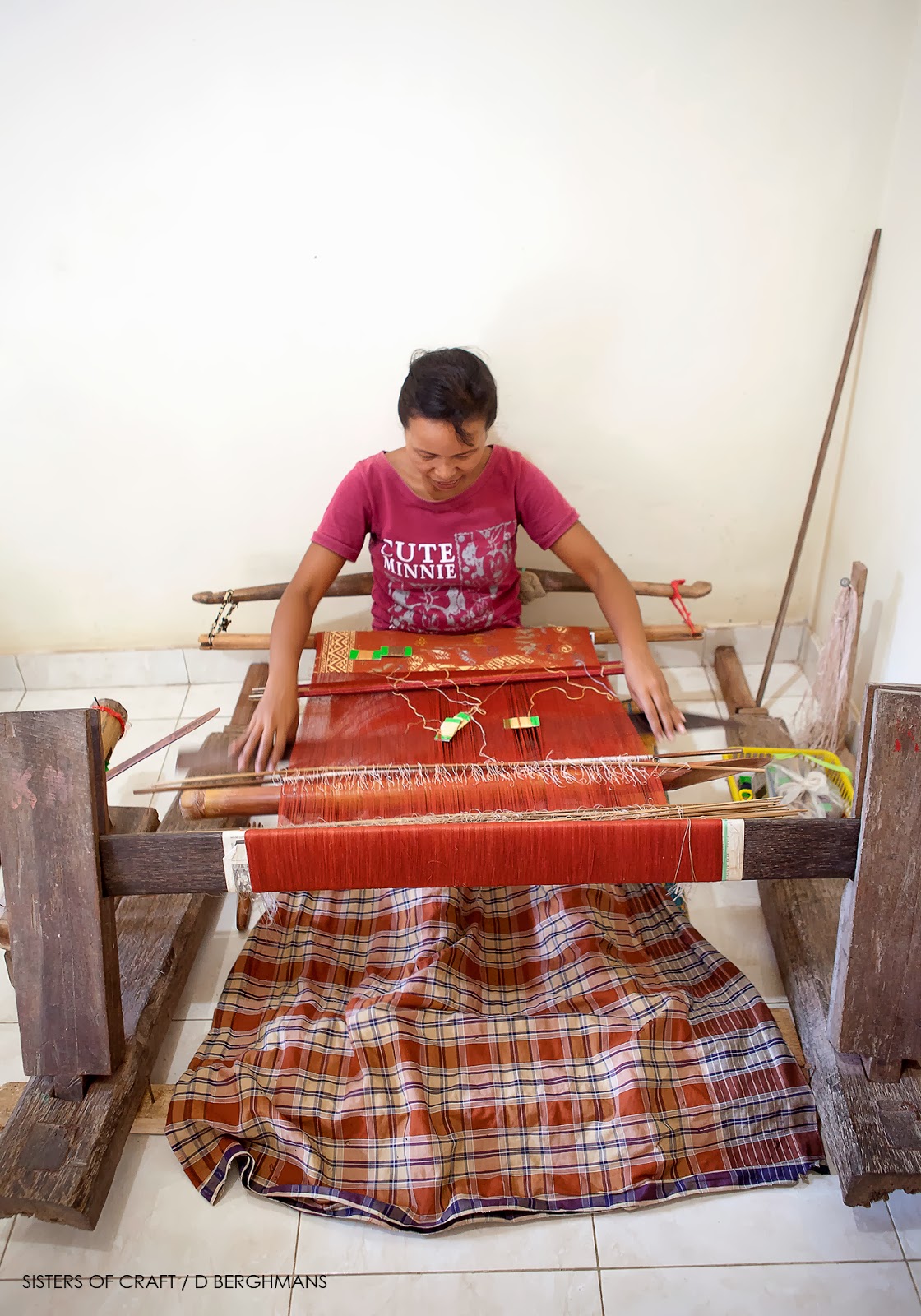Several times during this journey we've realized the importance of finding the right people to cooperate with. Our adventure in Bali wouldn't have been the same without Threads of Life - an Indonesian Textile Arts Center, getting us in contact with the weavers and helping us with practical issues, like finding our translator Gus.
Threads of Life is working together with more than 1000 women weavers in over 40 cooperatives throughout Indonesia. Their goal is to preserve and support the traditional weaving and natural dying skills by restoring pride in the Indonesian textile art and culture. Woven textiles have a long and significant cultural and spiritual tradition in Indonesia. But "as economic forces drive weavers to abandon time honored traditions, the arts degrade and so do the culture they express. Supporting the continuation of these arts demonstrates they have value in a modern, global context. This restores people's pride in their culture and ensures that the traditions supporting their physical and spiritual life continue".
By working directly together with the weavers the women get a fair income from their work and are able to support their families. This also empowers the women's situation in a traditional man dominated society. Further does the use of natural dyes and handspun threads support local organic farming of cotton and other dye plants.
By textile tours and educational exhibits, Treads of Life spreads the art of the Indonesian textiles to a global audience. Their inspiring textile gallery and shop in Ubud is definitely worth a visit. More information on their webpage: www.theradsoflife.com
A big thank you to Gus - our dedicated and skillful translator


































